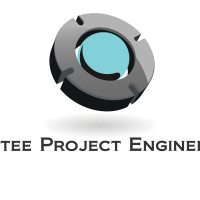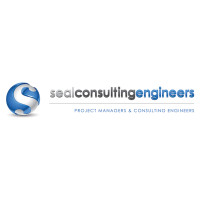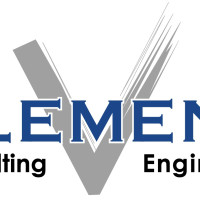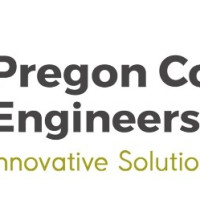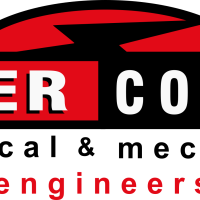Chemical Engineering applies the principles of chemistry, biology, and physics to design processes for the production, transformation, and transportation of chemicals, energy, and materials. This discipline focuses on optimizing industrial processes to produce everything from fuels to pharmaceuticals.
Key Areas:
- Chemical process design and optimization
- Materials and energy transformation
- Waste management and pollution control
- Product development (e.g., fuels, chemicals, pharmaceuticals)
Practising Firms
| Firm Name | Member Since | Quick Contact |
|---|---|---|
| Aquarius Consult CC | - |
Other Engineering Disciplines
Agricultural Engineering
Applies engineering principles to optimize agricultural production, machinery, water management, and sustainability, enhancing efficiency in food and resource management.
Civil Engineering
Focuses on designing, constructing, and maintaining infrastructure like roads, bridges, and buildings, ensuring safety, durability, and sustainability in urban and rural development.
Electrical Engineering
Electrical engineering deals with electricity, electronics, and electromagnetism, evolving from the 19th century telegraph to modern computing, with subfields like power engineering and telecommunications.
Computer Engineering
Integrates computer science and electrical engineering to develop hardware, software, and systems, powering advancements in computing, AI, and communication technologies.
Electromechanical Engineering
Combines electrical and mechanical engineering to design systems such as robotics, automation, and industrial machinery, integrating mechanical and electrical components.
Electronic Engineering
Focuses on the design and development of electronic devices, circuits, and systems, enabling advancements in communication, computing, and automation technologies.



